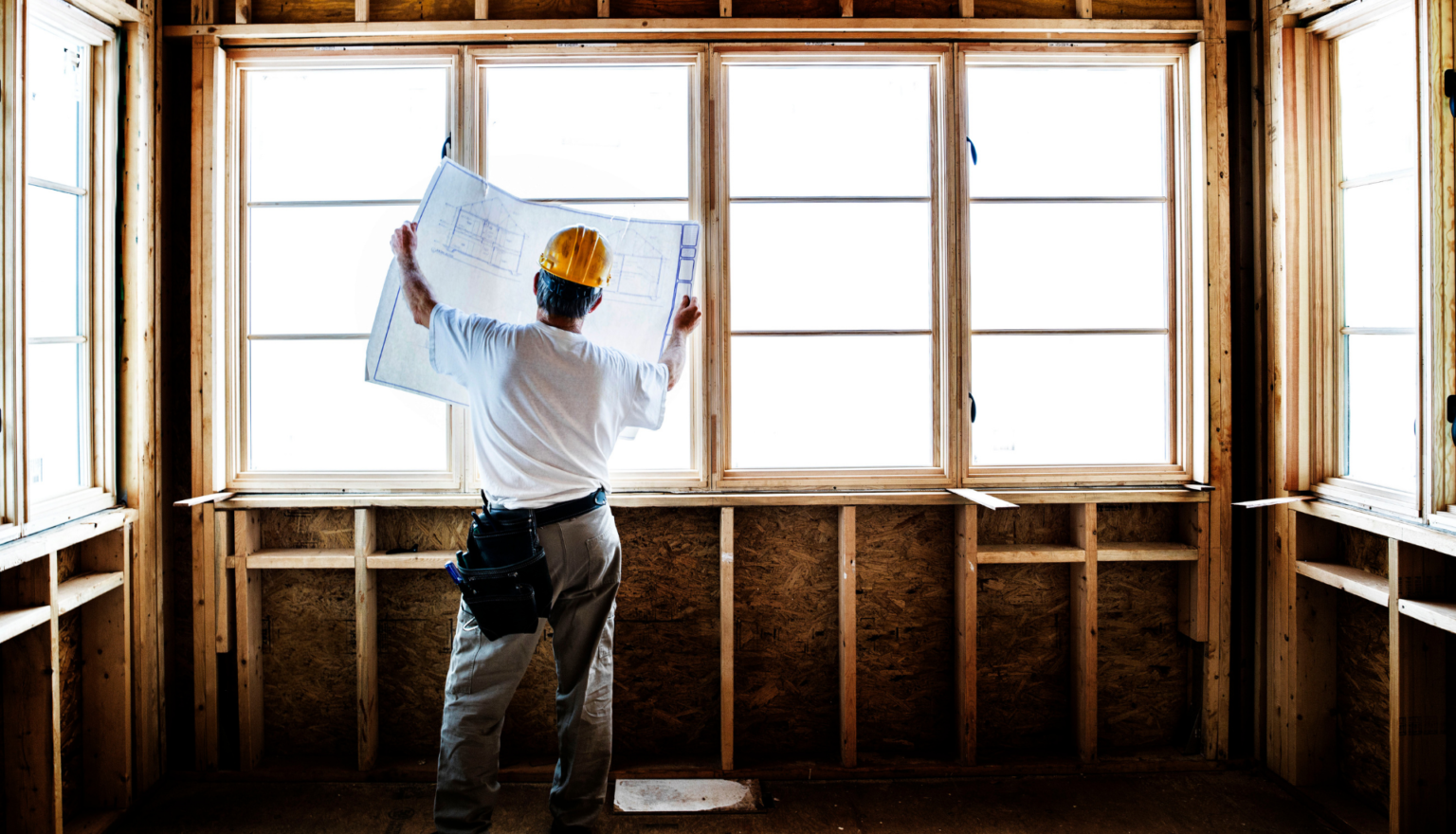Introduction:

Image: www.wikihow.com
Have you ever envisioned yourself transforming dream homes into tangible realities, leaving an imprint on the landscapes and lives of countless families? If so, embarking on the path to becoming a residential contractor in Florida might just be your calling. In this comprehensive guide, we will unveil the intricacies involved in this captivating profession, empowering you with the knowledge and strategies necessary to navigate its challenges and achieve success.
From understanding the foundational requirements to mastering the art of project management, we will delve into every aspect of residential contracting in Florida. Along the way, we will draw inspiration from industry experts and share actionable tips to help you build a thriving business that not only generates revenue but also contributes to the well-being of your community. So, if you’re ready to turn your passion for construction into a fulfilling career, let’s get started!
1. Unraveling the Path to Becoming a Residential Contractor in Florida:
To become a certified residential contractor in Florida, aspiring individuals must navigate a multi-step process outlined by the Construction Industry Licensing Board (CILB). This includes:
-
Passing the State Exam: Candidates must demonstrate their knowledge and proficiency by passing the Florida Residential Contractor Examination.
-
Meeting Experience Requirements: Applicants are required to document a minimum of four years of experience in residential construction, including supervised work in various aspects of the field.
-
Securing Continuing Education Units (CEUs): To maintain their license, contractors must complete periodic educational programs to stay abreast of industry best practices and safety regulations.
2. Building a Foundation of Knowledge and Skills:
Prospective residential contractors must possess a comprehensive understanding of the field, encompassing:
-
Construction Methods and Materials: A thorough grasp of construction techniques, materials, and their applications is crucial for ensuring structural integrity and aesthetic appeal.
-
Building Codes and Regulations: Familiarity with the Florida Building Code and other relevant regulations is essential to guarantee compliance and protect the safety of occupants.
-
Contract Management: Drafting and executing clear contracts that outline project specifications, payment terms, and dispute resolution mechanisms is paramount to establishing professional relationships and mitigating risks.
3. Managing Residential Construction Projects:
At the heart of a residential contractor’s role lies the ability to skillfully manage construction projects, which entails:
-
Project Planning and Scheduling: Devising detailed plans and timelines to ensure timely execution while adhering to budget constraints is vital for project success.
-
Materials Procurement and Inventory Management: Efficiently sourcing and managing materials, keeping track of inventory levels, and minimizing waste are essential for maintaining project profitability.
-
Team Leadership and Communication: Leading a team of subcontractors, coordinating activities, and fostering open communication are critical for ensuring seamless project execution and maintaining a positive work environment.
4. Insights from Industry Experts:
To glean firsthand insights and practical advice, let’s hear from seasoned professionals in the field:
-
Jake Norris, President of Norris Construction: “Building relationships founded on trust and integrity is crucial. Your reputation is everything in this industry.”
-
Sarah Carter, CEO of Carter Homes: “Embrace technology to streamline operations, enhance communication, and gain a competitive edge.”
-
John Smith, Project Manager at Smith & Sons Construction: “Thorough planning and constant communication are the keys to delivering exceptional results.”
5. Embracing Innovation and Sustainability:
In the ever-evolving landscape of construction, staying abreast of innovative technologies and sustainable practices is essential for residential contractors:
-
Building Information Modeling (BIM): Utilizing BIM software can optimize project design, enhance collaboration, and streamline construction processes.
-
Green Building Practices: Incorporating energy-efficient techniques and renewable materials into construction projects can reduce environmental impact and appeal to environmentally conscious clients.
-
Smart Home Technologies: Integrating smart technology into residential properties can enhance convenience, security, and energy efficiency, meeting the demands of modern homeowners.
Conclusion:
Pursuing a career as a residential contractor in Florida offers a rewarding opportunity to shape the built environment, contribute to the community, and turn your passion into a thriving business. By comprehending the requirements, honing your skills, and embracing innovation, you can unlock your full potential and embark on a path to success in this dynamic field. Remember, the journey requires dedication, perseverance, and a genuine desire to build dreams into lasting realities.

Image: contractorlicensinginc.com
How To Become A Residential Contractor In Florida